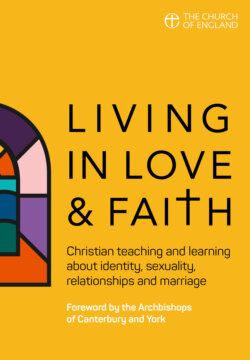Читать книгу Living in Love and Faith - Bishops of the Church of England - Страница 42
На сайте Литреса книга снята с продажи.
Sex and fulfilment
ОглавлениеSexual activity in our society is shaped by some widespread – though not universal – assumptions. One set of assumptions has to do with the benefits of sexual activity. Studies show that sex can contribute to individual happiness and perhaps to other aspects of health.96
In the twentieth century, sexual desire became increasingly important to our understanding of how human beings work.97 The idea developed that, if sexual fulfilment makes you flourish, sexual repression must be inappropriate. The recent rise in those identifying as asexual – that is, as people who do not experience sexual attraction to others – is just one way in which assumptions about the centrality of sex to human existence have been challenged. Nevertheless, the idea that sex is necessary is still widespread, although as we have noted, people are actually having less sex now than in previous decades. Sex is often, perhaps, seen as analogous to food: perhaps marvellous, perhaps boring, occasionally toxic; but always vital for survival – and heterosexual intercourse is, of course, vital for the continued existence of the human race. In many contexts, adults are assumed to be sexually active, so that those who are not (whether by calling, choice, chance, imposed constraint or because they identify as asexual) can feel unnervingly invisible. To be implicitly defined, or dismissed, as deviantly abstinent – even if the facts show that it might not be as unusual as all that99 – is painful and difficult. On the other hand, adults with some kinds of disability are often assumed to be sexually inactive, which can be no less of a stereotype.
